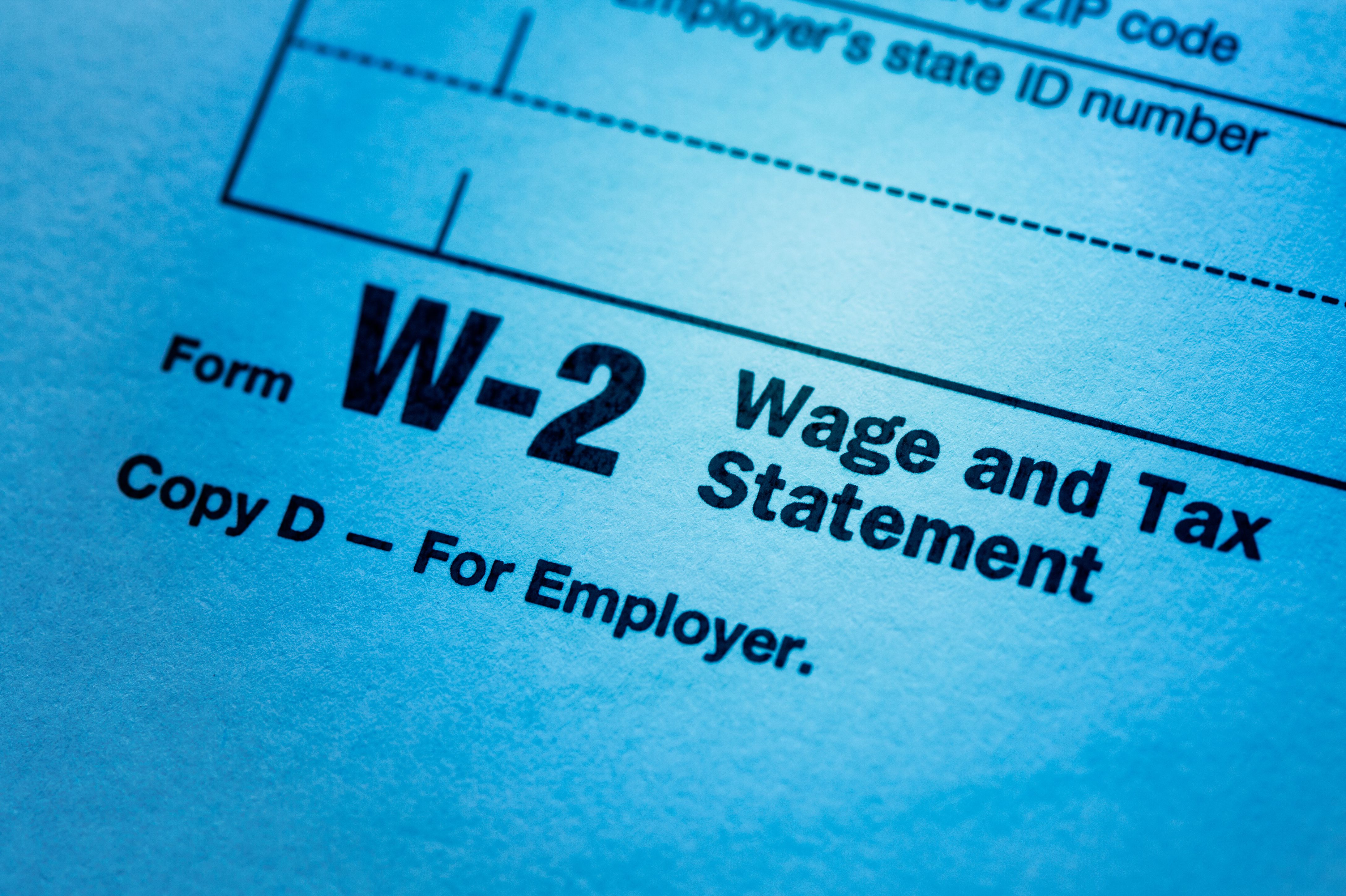While it is rare, the IRS occasionally commits mistakes. Every year, the IRS processes roughly 150 million personal tax returns. It detects so many faults or suspected problems that it sends out 1.5 million notifications about mathematical mistakes. Even though the service constantly strives to avoid these errors, they sometimes occur. Employers, human resource departments, and even accountants make mistakes, not just the IRS. We frequently meet tax issues and inspection scenarios that start with a simple error. It is not first detected, and therefore the problem worsens. It is only discovered after it has resulted in thousands of dollars in unpaid taxes. Also read about: IRS Tax Help
Frequent mistakes committed by the IRS
- Errors in statistics or mistakes in computations or data input.
- Misinterpretation of tax rules and standards by auditors.
- Failure to report every source of revenue and deductions on tax returns.
- Failure to claim particular tax breaks or exclusions available to taxpayers.
- Mismatched or improperly provided names, identities, Social Security numbers, or additional private identifiers might cause refunds or credits to be delayed.
- Application of tax rules incorrectly to items such as overseas accounts, cryptocurrencies, or self-employment income.
- Errors in data entry triggered by computer scanning, OCR, or human error.
Filing an appeal
If a written notification and clarification do not resolve the problem, the next thing to do is usually to submit an official complaint to the IRS Department of Appeals. In settling tax issues, this impartial agency gives an objective viewpoint. Quick Track Resolution and conciliation programs, for example, may frequently settle disputes in the early phases of a review or enforcement action.
Proving a mistake committed by the IRS
Collect all of your papers. If you discover an IRS error, send a letter explaining the issue and attach documents proving that what you submitted was correct. If your company received two copies of your tax returns, the IRS may double the revenue and charge a large tax obligation. You may remedy a problem by writing to describe the situation and accompanying documentation. You should hear back within a few weeks. It is critical to follow up if you do not, otherwise the condition will worsen.
Things to include in a formal protest
It is generally important to get legal assistance before submitting an official protest so that you make the best possible case with the initial appeal.
- Basics: Your contact information, name, address, a statement requesting an appeal to the IRS Department of Appeals, a duplicate of the IRS notice with suggested modifications, and the tax years affected.
- Issues: Discuss each point separately, along with your disagreement and any information or legislation that supports your view. Include any documentation that backs up your claim.
It is critical to begin any administrative hearing procedure with your strongest arguments. When you are concerned that the IRS failed to appropriately apply the rules to your circumstances, legal guidance is what differentiates a quick victory and a long and complicated legal battle.

















